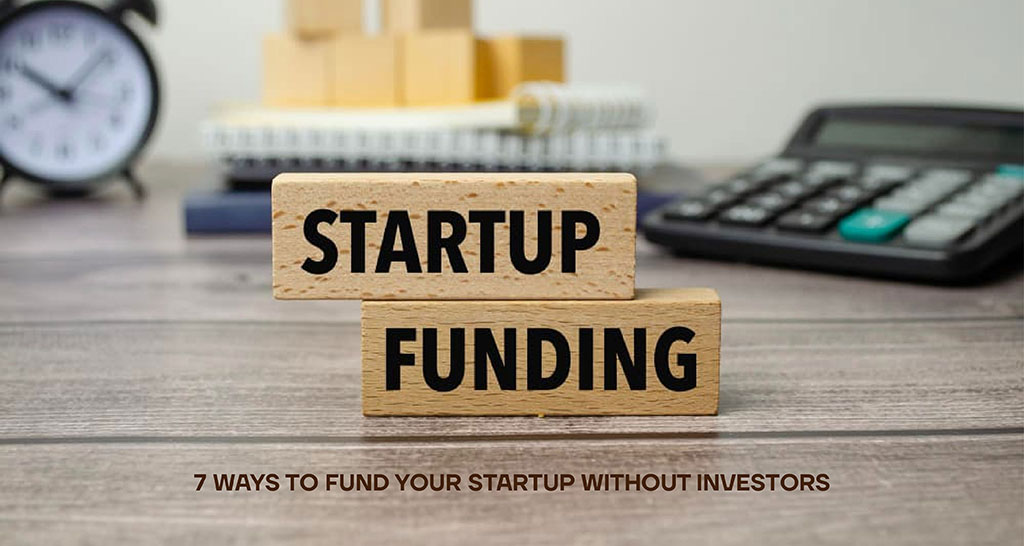Embarking on the journey of establishing a new business can be both thrilling and intimidating, particularly in the realm of securing financial resources. Although attracting investors is a prevalent approach, it is not necessarily the most effective or sole alternative. Numerous successful entrepreneurs have expanded their ventures without relying on external funding. Below are seven methods to finance your startup without the need for investors.
- Bootstrapping
Bootstrapping refers to the approach of utilizing personal savings or income from alternative sources to finance a business venture. Although this method demands a high level of discipline and meticulous budgeting, it provides complete control over the startup without the need to relinquish equity. Numerous entrepreneurs opt for this strategy as it enables them to maintain ownership and authority over their business decisions.
- Crowdfunding
Crowdfunding platforms such as Kickstarter, Indiegogo, and GoFundMe offer a viable alternative for capital generation. Entrepreneurs can present their business concepts to the public, providing incentives or pre-orders for products in exchange for financial support. Additionally, crowdfunding acts as a market validation tool, enabling you to assess public interest and cultivate a community prior to the official launch.
- Grants and Competitions
Numerous government entities, private organizations, and foundations provide grants aimed at supporting startups, particularly those that have a social or technological influence. Additionally, business plan competitions present an excellent avenue for securing funding without relinquishing equity. Typically, these opportunities are offered without any obligations; however, they necessitate comprehensive research and careful preparation for successful application.
- Friends and Family
Although it may be a delicate topic, obtaining financial support from friends and family is an alternative method for funding your startup. This strategy is particularly effective if you possess a robust personal network and can articulate your business concept persuasively. Nonetheless, it is essential to establish clear terms and expectations to prevent misunderstandings and to safeguard your relationships from potential strain.
- Revenue-Based Financing
Revenue-based financing (RBF) provides an opportunity to obtain funding by leveraging anticipated future revenue of your business. Rather than relinquishing equity or incurring debt, you commit to remitting a portion of your monthly revenue until the investor has been fully compensated. This financing method is particularly advantageous for businesses with consistent revenue flows and can alleviate the pressures associated with conventional loans.
- Personal Loans or Credit Lines
Individuals with a strong credit score may find personal loans or lines of credit to be a suitable source of funding. Financial institutions such as banks, credit unions, or online lenders often provide loans with comparatively low interest rates to assist in launching a business. Nevertheless, it is important to recognize that utilizing personal loans carries the risk of accumulating debt if the business fails to produce sufficient revenue to meet repayment obligations.
- Part-Time Jobs or Side Hustles
Should you feel unprepared to fully commit to entrepreneurship, engaging in a part-time job or side venture can generate the financial resources needed to sustain your startup. Whether through freelance opportunities or gig-based assignments, the income you acquire can be reinvested into your business, enabling you to expand at your own speed without depending on outside investors.
Conclusion
Securing financing for your startup without the involvement of investors necessitates innovation, commitment, and perseverance. Each available option presents its own advantages and disadvantages, making it essential to assess which approach aligns most effectively with your business model.








